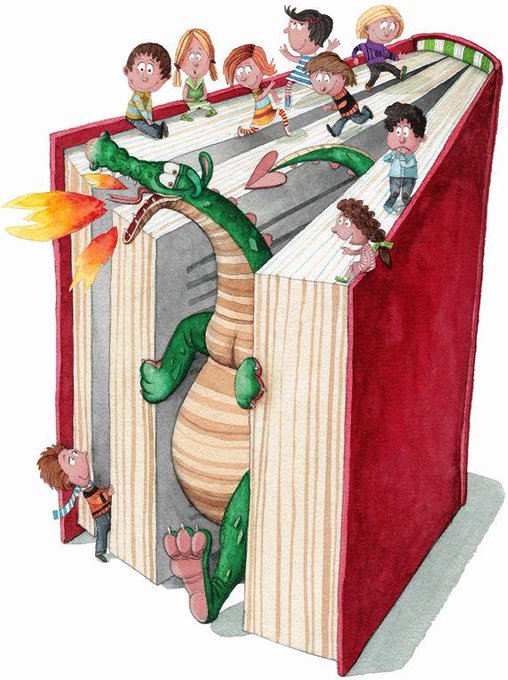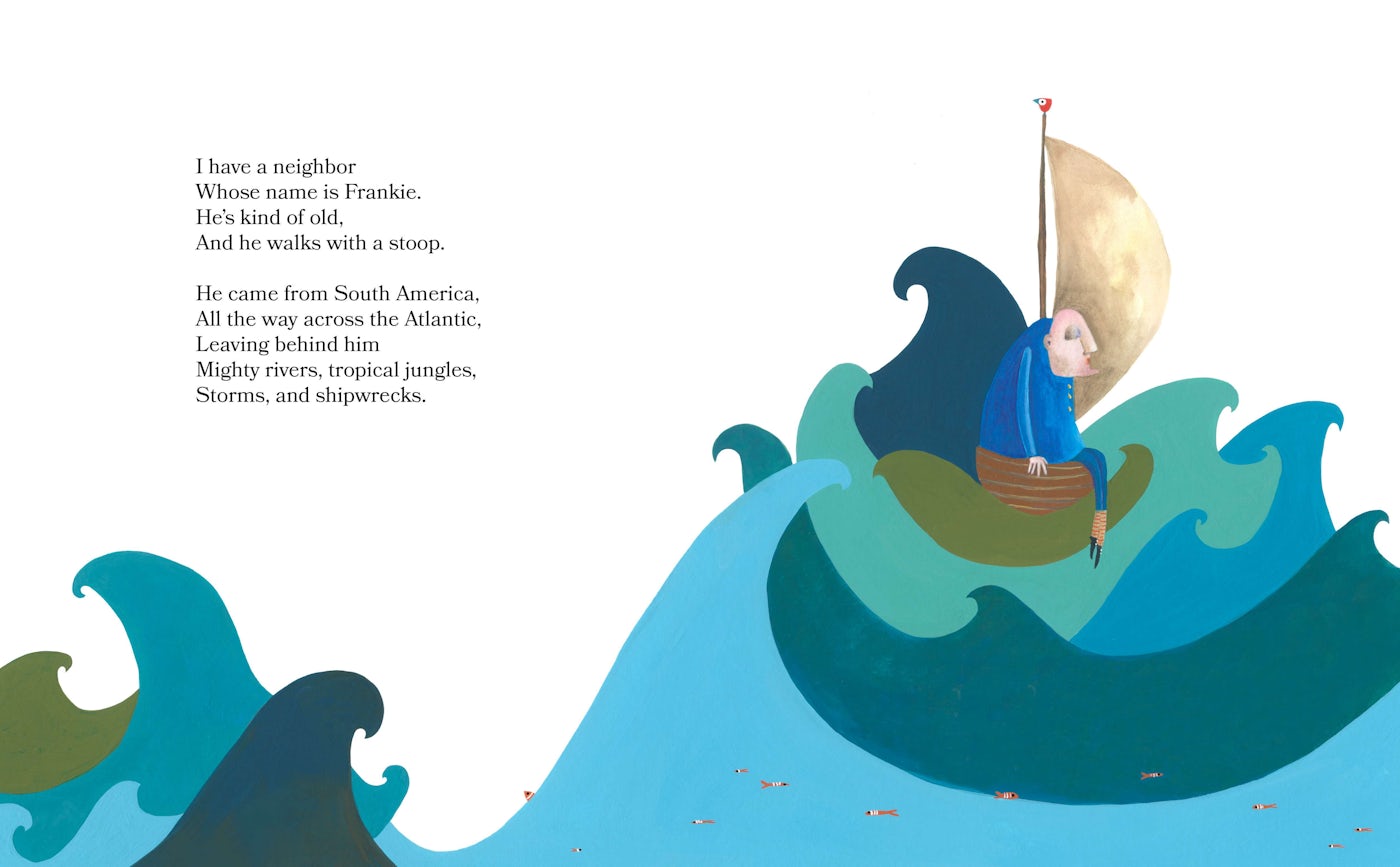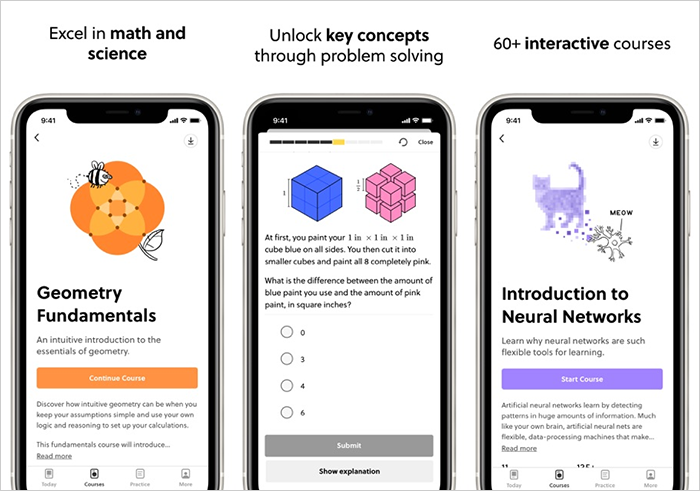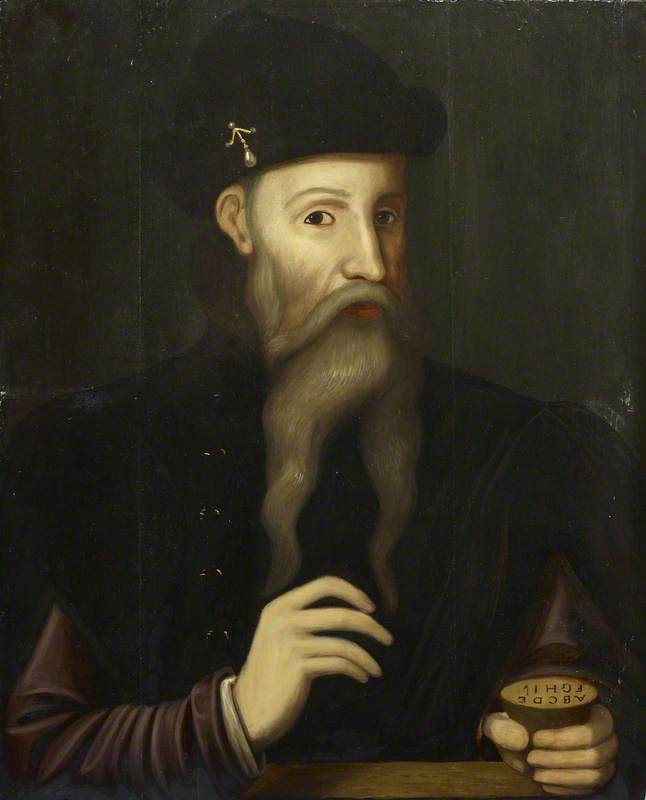"The power of books must be fully harnessed. We must ensure their access so that everyone can take refuge in reading, and by doing so, be able to dream, learn and reflect"
Audrey Azoulay, Director-General of UNESCO
World Book and Copyright Day is a celebration to promote the enjoyment of books and reading.
23 April is a symbolic date in world literature. It is the date on which several prominent authors, William Shakespeare, Miguel de Cervantes and Inca Garcilaso de la Vega all died. This date was a natural choice for UNESCO's General Conference, held in Paris in 1995, to pay a world-wide tribute to books and authors on this date, encouraging everyone to access books.
- Google Doodle: St Georges
- Legend (England):
The legend of St. George traces its roots back to the Middle Ages when 11th-century Crusaders returned to England and shared his venerable story of valor and sacrifice. Accounts lauded St. George as a hero who rescued not only a princess but an entire city under siege from a fire-breathing dragon! Upon his valiant horseback arrival, St. George slew the dragon, a battle scene recreated in today’s Doodle artwork. Rose bushes are said to have grown across the village after the dragon’s defeat and St. George picked a fresh rose to give to the rescued princess.
Following his success, the villagers held a massive feast in St. George’s honor—a tradition which has been passed down through the ages—as has giving a rose to a loved one in some cultures.
- San Jordi festivity (Catalonia)
During the month of April and all year round, it is critical to take the time to read on your own or with your children. It is a time to celebrate the importance of reading, foster children's growth as readers and promote a lifelong love of literature and integration into the world of work.
Through reading and the celebration of World Book and Copyright Day, 23 April, we can open ourselves to others despite distance, and we can travel thanks to imagination.
April 2nd was Christian Andersen's birthday and International Children's Book Day.
- Resources
Synopsis:
Childhood and old age go hand in hand in this beautiful poetic text.
Age-related increases in wisdom and life experiences, is a drive to give to children in a meaningful way. The aging population has “distinctive qualities” to meet the needs of youth.
Older adults are exceptionally suited to meet these needs in part because they welcome meaningful, productive activity and engagement. They seek – and need – purpose in their lives.
As for older adults they benefit as well, experiencing emotional satisfaction in relationships with young people. One way to achieve such contact is through volunteer service, which is associated with better physical health and cognitive performance for aging people. From a societal view, these interactions are positive, too.
UNESCO encourages us to challenge ourself, to explore new topics, formats, or genres that out of our ordinary.
The goal? To engage people in reading, and to have fun doing so! Now is the opportunity to: As a celebration for this year's World's Book and Copyright Day, UNESCO has created a Bookfacechallenge
Inviting students, teachers, readers from around the world to testify and express their love for reading by participating to this challenge.
"Books are a means of accessing the deepest places in our minds. Page by page, books light a path for us to roam, unbound by time or borders. In other words, books give us freedom."
G-Souto
23.04.2021
Copyright © 2021G-Souto'sBlog, gsouto-digitalteacher.blogspot.com®





























